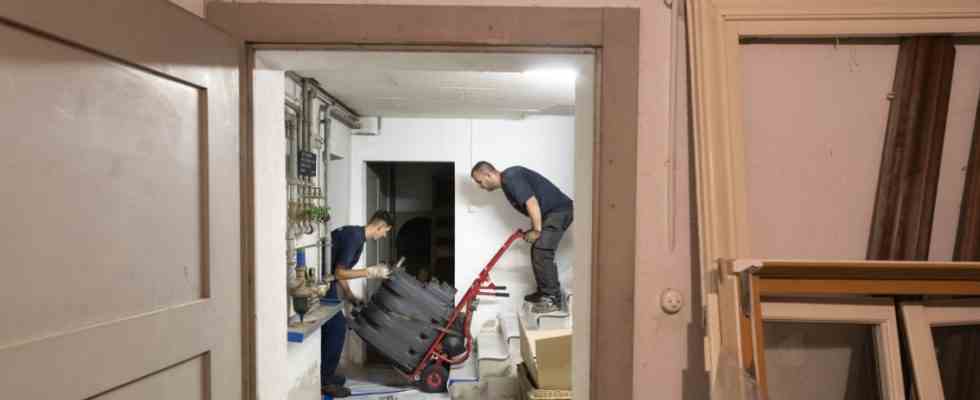If you have an old gas or oil heating system in the basement and want to replace it in 2024, you have to ask yourself: What is the alternative? What requirements will a new heating system have to meet in the future? Now the coalition committee has also submitted its resolutions on the subject of heating. Only: As a consumer, you don’t really get any smarter at first.
Furthermore, the following is planned: From 2024 onwards, every newly installed heating system should be operated “if possible” with 65 percent renewable energies. 30-year-old heating systems are also to be replaced, so not only new buildings, but also all other houses are to be replaced step by step. However, the corresponding draft law is now being revised again and is to be passed before the summer break: the intention is to pursue “a technology-open approach” and provide sufficient transitional time. It doesn’t get any more specific than that.
That is “very arbitrary and can mean anything,” says Thomas Engelke, an energy expert at the Federal Association of Consumer Centers. Open to technology means, for example, that a new gas heating system could also be partially or fully operated with hydrogen. However, most gas lines are not designed for hydrogen. Experts are also certain that no green hydrogen will be available for heating in the near future. In theory, anything is still possible: oil heating systems could be used in combination with a heat pump or filled up with artificial fuel from renewable sources – if such a thing existed. And with everything, the question arises as to what makes financial sense.
Get independent advice
In any case, consumer advocates are convinced that in 2024 only a few will have a heating system that actually uses 65 percent renewable energy. District heating is not supposed to come from renewable energies until 2030 and then only 50 percent, but even heat pumps in Germany are not yet predominantly operated with green electricity. However, they also get heat from the air or the ground. Engelke demands transparency: “When I decide on a particular heating system, it shouldn’t be about how high the proportion of renewables would be possible at some point, but what is currently realistic.”
A new heater is always expensive, so you should seek advice. Gas heaters, for example, cost around 5000 euros, a heat pump is often six times as expensive, but will probably pay off in the long term. “Each case is different,” says Engelke, which is why it is important to have several options calculated by an independent energy consultant.
The government intends to assume part of the high costs for the conversion. “No one is left in the lurch,” the paper says. For example, grants for owners with low or medium incomes are possible. Everyone else could claim expenses for tax purposes or take out cheap loans. The money for this should come from a special fund, the climate and transformation fund. However, the approximately 177 billion euros are all planned: Federal Minister of Economics Robert Habeck will have to postpone other subsidies.

